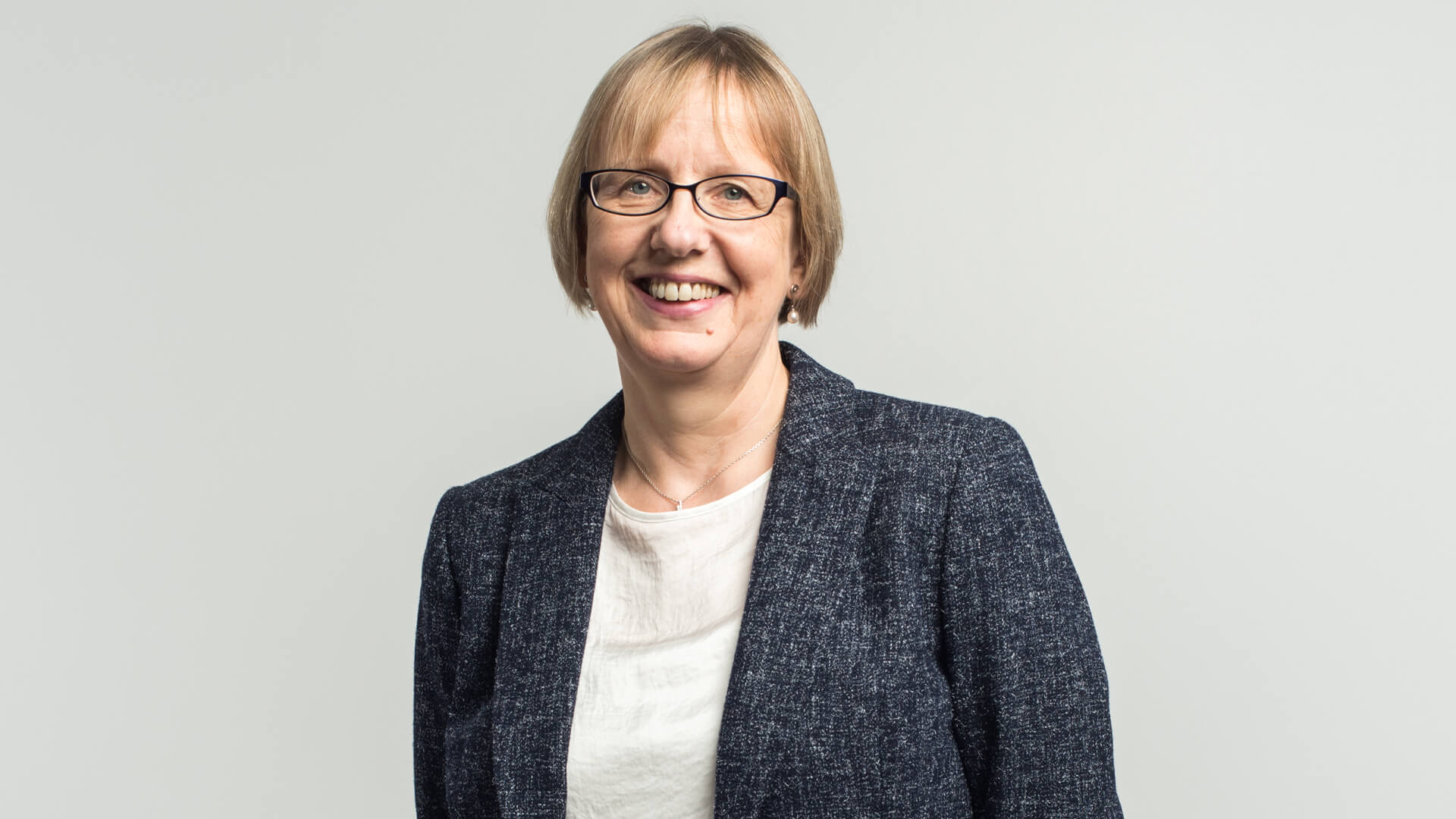By Dr Rowena Sellens, CEO of pioneering cleantech company Econic Technologies
With governments and businesses worldwide taking steps to address climate change, the role of science is now, arguably, more important than ever. And yet, despite the fact that the most outspoken face of climate change, Greta Thunberg, is young and female, women are in the minority in the world of science and technology, making up less than 30% of scientific researchers. This needs to change.
The idea that science, technology, engineering and mathematics (STEM) is a subject or career for boys and men needs to be challenged; and this perception could well explain why there are so few women in senior STEM positions. This is precisely why we need the likes of International Women’s Day to showcase the vital role that women play in science.
I am proud to head up a business with an almost completely equal gender balance – something that has naturally resulted from our focus on selecting team members with the right skills and compatibility for our business – and as a female CEO of a STEM company, I feel lucky to be able to say that my personal experience hasn’t been affected by direct gender discrimination. Yet despite many in the sector taking positive steps to ensure that women aren’t faced with gender-related biases, an element of unconscious bias may well still result in women not being considered for certain roles or opportunities.
Diversity is far from just a moral issue affecting how companies or industries are perceived – it’s good for business, too. In fact, a report by McKinsey revealed that businesses with diverse executive teams were 21% more likely to outperform on profitability, and 27% more likely to create services or goods of a higher value or quality. And this could also apply to scientific research: a diverse team will be more likely to investigate problems and questions in greater depth than a non-diverse team. It is my firm belief that diverse yet complementary thoughts and opinions allow teams to effectively work together.
Challenging misconceptions is not something new to me. Working in the plastics sector, I hope to contest the idea that all plastics are ‘bad’ – in fact, they have completely transformed our lives, helping to drive some aspects of sustainability, including food preservation and improved energy efficiency. A number of us in the industry are working towards improving the sustainability of these vital materials, such as by reducing the net emissions from the manufacturing process – but this cannot be done without innovative scientific thinking, which can be driven forwards by a diverse workforce.
Role models, both male and female, are vital for encouraging young people from a range of backgrounds into STEM fields. Personally, I was lucky to have had a particularly inspirational high-school chemistry teacher, who ignited my passion for the subject. Now, as I look back on my career in the chemical industry, I feel especially lucky to have had a number of mentors who have guided and encouraged me. I feel that those of us who are established in STEM leadership roles or senior positions have a duty to support the younger generation as they start their careers, so they too can reach their full potential in science.
Addressing diversity in the STEM sector is not just the right thing to do morally, but it plays a key role in preserving the future of our planet. We’ve seen somewhat of a ‘Brian Cox effect’ in recent times, where charismatic scientists have sparked the younger generation’s interest in the subject. Alongside this, awareness of climate change has spread across traditional and social media, inspiring aspirational scientists to innovate solutions to protect the environment and their futures.
Improving teams’ diversity will see even more bright minds move into STEM leadership roles, thereby increasing diverse and innovative thinking across a range of STEM-related industries: after all, diversity breeds diversity. With 60% of the roles on the Government’s shortage list in STEM, not only would the sector stand to gain from encouraging more girls and women to take up scientific subjects or careers, but the UK skills gap could also be bridged.
That women face a number of barriers across all careers is beyond doubt; and whilst change is happening in the STEM sector, it won’t happen overnight. For any person considering a career in STEM, no matter what their background is, my advice is to believe in your capability to build a career that makes a difference to the world, and to pursue it – after all, diversity in the sector could help us to address one of the biggest issues we as a society may ever face: the climate crisis.









